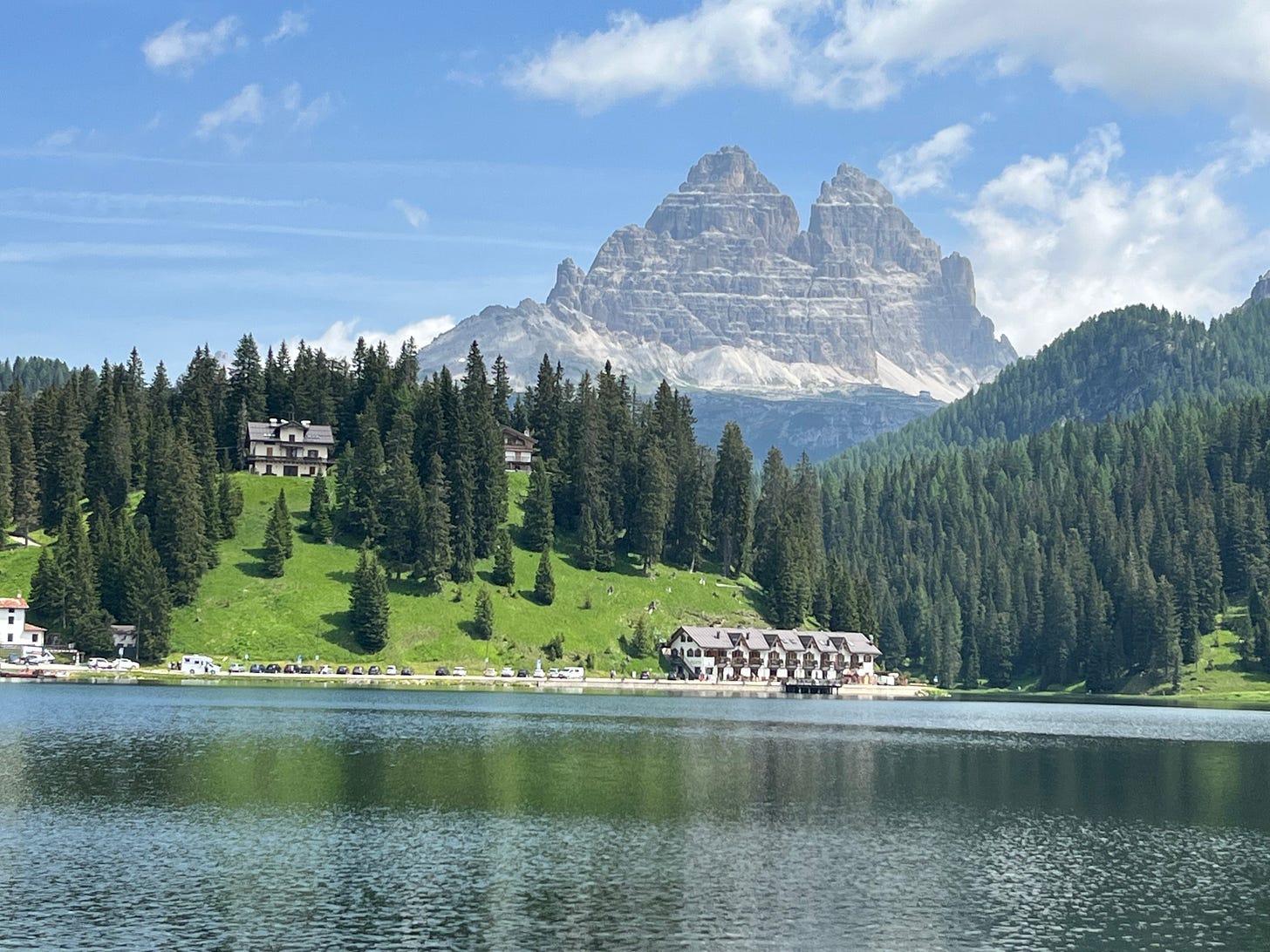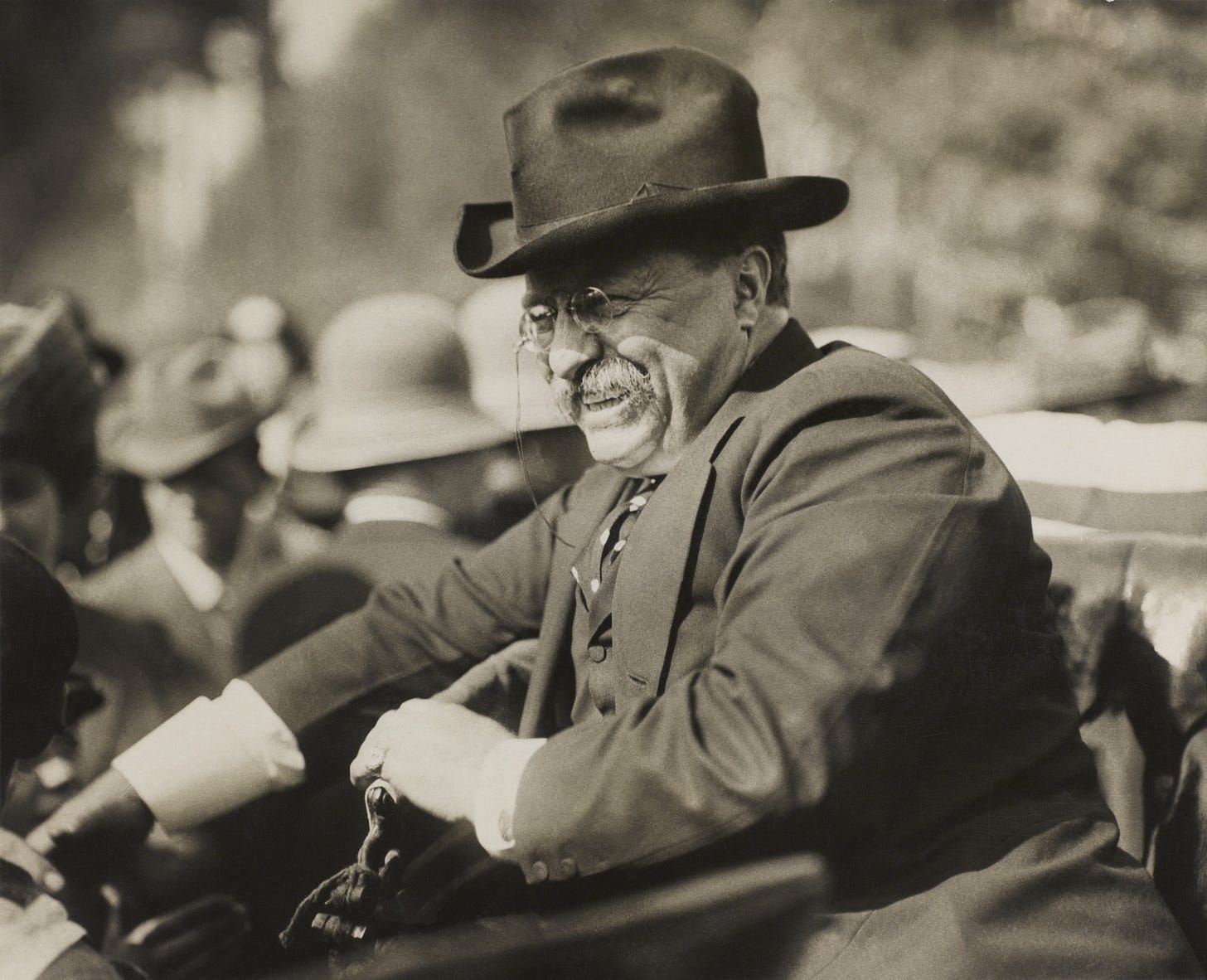I grew up in Italy, wrote my first book in Italian, and returned to visit family every single year of my adult life. Even these days, every time I travel there, I find myself wondering why I ever left, and why I’m not moving back. After all, the country is beautiful. The food is so good that it’s hard to even put into words how damn good it is. Social life is infinitely better than what I’m used to across the ocean. People put a value on friendship, committing time and energy to it, in a way that’s unparalleled in my experience in U.S. And you are also less likely to get murdered by a nutcase with a gun, so I guess that counts for something too. With no sweat, I could add plenty of items to this list—which brings me back to my original questions of why I ever left and why I don’t go back for good. At times, it’s difficult to find a satisfactory answer.
And then I remember.
What I’m about to state is—of course—a generalization. And like all generalizations, there are plenty of exceptions. And yet…
I recently saw something posted by an Italian friend noting the reaction of other Italians toward some English sport fans visiting my hometown of Milan. In the face of footage showing the English fans playing in the rain, and diving in the waters of the Navigli, the general response was something along the lines of “stupid savages.” Why? What was so upsetting about seeing some guys having fun in the rain? It’s hard to explain in a few words unless you are familiar with Italian culture. So, let me try another way.
Come up with a new idea, and pitch it to a bunch of friends in Italy. Odds are high that most of them will tell you why it’s never going to work, and that you shouldn’t even bother. Their arguments will typically be logical and well explained. But no matter how smart-sounding they may be, the end result will be the same. The message will be “Don’t try. Don’t dare. Don’t put yourself on the line. Most initiatives are doomed to fail, so spare yourself the trouble.” The Italian national motto is pretty much the opposite of Nike’s “Just do it.” It’s something more in line with Nancy Reagan, “Just say no.” In this case, unlike Nancy Reagan’s famous quote, it’s not about drugs. It’s “just say no” to taking risks, to any experiment, to all efforts to break out of the ordinary. Italy’s most popular sport is not soccer but cynicism coupled with hostility toward anything and anyone challenging the status quo. It reminds me of a perfect quote by Theodore Roosevelt that he delivered in a speech in Paris in 1910: “The poorest way to face life is to face it with a sneer,” he said. “A cynical habit of thought and speech, a readiness to criticize work which the critic himself never tries to perform, an intellectual aloofness which will not accept contact with life's realities—all these are marks, not ... of superiority but of weakness.”
The historical memory of many failed experiments has injected into Italian culture a defeatist sense of cynical superiority toward anyone ‘stupid’ enough as to believe they can change things and create something beautiful. In U.S., I’m used to people saying ‘yes’ even to terrible ideas. Italy instead says ‘no’ to everything. And call me crazy, but I much prefer dumb enthusiasm over smart cynicism.
Many Italians seem to believe that pointing out the potential problems in anyone else’s work proves how smart you are. But as my father would tell me all the time, critical intelligence is sterile. It may appear confident and sophisticated, but in reality it is born from a pathological fear of failure—fear of stepping up and not measuring up to your ideals. Fear of giving it your all only to find out it’s not enough. And so, instead of experiencing the crushing sense of defeat derived from seeing your dreams running into a bunch of closed doors, it’s safer not to dream at all. It’s easier to stay on the sidelines and talk shit about everyone else playing the game.
This attitude is something I absorbed every day of my life growing up. I saw friend after friend squashed under the weight of this depressing and depressive attitude. Luckily, my family taught me that something else was possible and gave me a chance to get out.
I’ll leave you with another beautiful quote by good, ole Theodore Roosevelt, who certainly had his 99 problems, but cynicism ain’t one.
“It is not the critic who counts; not the man who points out how the strong man stumbles, or where the doer of deeds could have done them better. The credit belongs to the man who is actually in the arena, whose face is marred by dust and sweat and blood; who strives valiantly; who errs, who comes short again and again, because there is no effort without error and shortcoming; but who does actually strive to do the deeds; who knows great enthusiasms, the great devotions; who spends himself in a worthy cause; who at the best knows in the end the triumph of high achievement, and who at the worst, if he fails, at least fails while daring greatly, so that his place shall never be with those cold and timid souls who neither know victory nor defeat.”






Thanks Daniele,
This year I spent three months going up and down Italy for the first time with my wife and kids. It was so magical. I can't explain it. Just looking back, I just remember feeling so happy almost everyday.
In some ways I feel I hit the 'Goldilocks zone' for the length of stay, and I think your post reminded me of that. In three months, we saw much of the country but didn't stay quite long enough to stop feeling like visitors and start to grind up against the headaches you have when you become a resident in a place. The inevitable disenchantment once you get past those breathtaking vistas.
I've been living in Taiwan for ten years (originally from Sydney), and so I know the phases one goes through with the attempted integrating/assimilating process, the 'honeymoon period', the inevitable (partial or total) estrangement, and all the adjusting in between. I've heard of other people who live in Italy longer and get embittered with the other sides of life there, which I guess happens everywhere. Yet for me, all that negative press remains somehow second-hand info to me - in my lived experience, it still felt like a kind of paradiso, although I know of course it is not.
Really great to read nuanced perspectives like yours here. Grazie!
I've got this to offer on descriptions of the food...
If Stalin said "Quantity has a quality all of its own" then food in Italy shows "freshness has a flavor all of its own."
Danielli. Presently, I’m touring Italy for three weeks with my family. Your recent posts have been especially poignant. Last week I could imagine Putin v Zelenskyy in the Colosseum.
Thanks for this perspective on the country of your birth and its people. This is so well written! I’m looking forward to taking you along for the remainder of the trip.